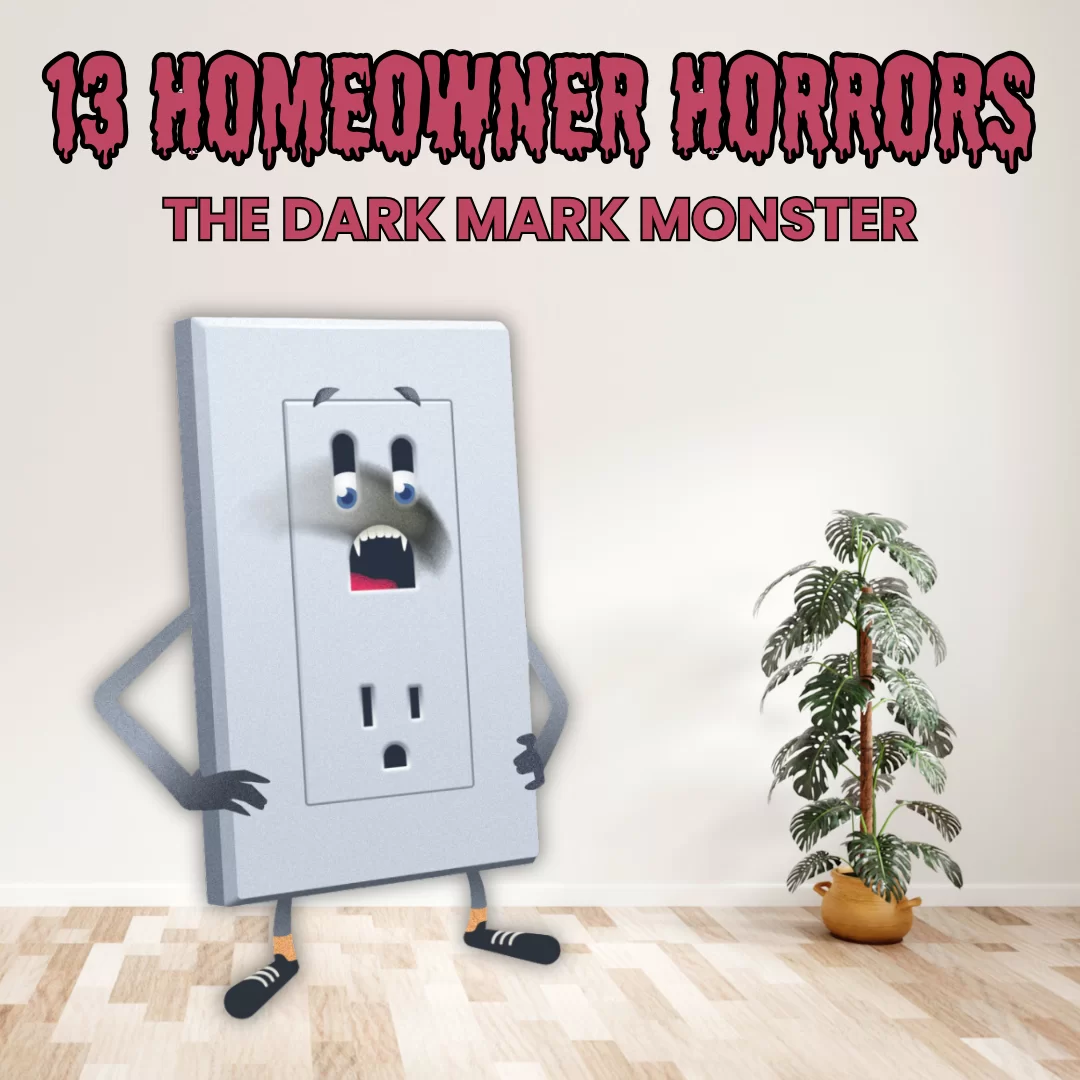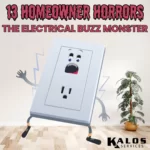Mr. and Mrs. W lived in a manufactured home after they decided to downsize upon becoming empty nesters. They went from a five-bedroom house to a two-bedroom, and that meant they had to consolidate some of their things.
The Ws enjoyed collecting vintage full-size arcade games and had been keeping them in their sons’ bedrooms when the boys first flew the nest. While they slept in one of the bedrooms, they turned the other into an in-home arcade.
The only problem was that the room only had three working and accessible electrical outlets. Mr. W needed to plug in several games and lights, so he did the common-sense thing and bought power strips. He filled most of the outlets on the power strips—thankfully, he had enough and even had one to spare on the main receptacle.
One evening, the Ws relived their ‘80s youth and played some Pac-Man and Galaga together. The room started to get warm from their body heat and the electronics, so Mrs. W decided to get a floor fan from one of the other rooms. She came back a minute later, and Mr. W knelt beside the outlet with the full power strip—which both of the arcade machines being used were plugged into—and plugged in the fan.
After a little while, the room started to smell like burnt toast, and Mrs. W immediately recommended they stop and unplug everything. Mr. W disconnected the power at the breaker just to be safe and unplugged the fully loaded power strip and fan. The outlet had a dark mark on it, and the plastic that wasn’t affected was still warm to the touch.
This tale was a classic case of circuit overload, which is one of the many ways an outlet can burn. Outlets can also burn due to weak connections (usually inside the wall) and short circuits (such as if a metal object touches prongs that are partially plugged into the wall).
No matter the cause, watch out for the following potential signs of electrical danger:
- A burning smell
- Heat near the outlet (on wires, the wall, etc.)
- Scorch marks or melted plastic
- Frayed leads
- Sparks coming from outlets while items are plugged in
- Blown fuses and tripped breakers
In this particular case, the homeowners could have prevented electrical damage by spreading out the electrical load across other outlets, not just plugging everything into a power strip at one outlet. Reducing the load as much as possible at each outlet is the key to safety, and that is completely within your control.
However, not every case is as obvious or easily preventable as this one. Continue to be mindful of strange burning smells and unexplained blown fuses or tripped circuit breakers to keep yourself safe. Make sure your house also has GFCI and AFCI protection to keep you from getting shocked (GFCI) or your house from catching fire (AFCI) due to an electrical problem.






